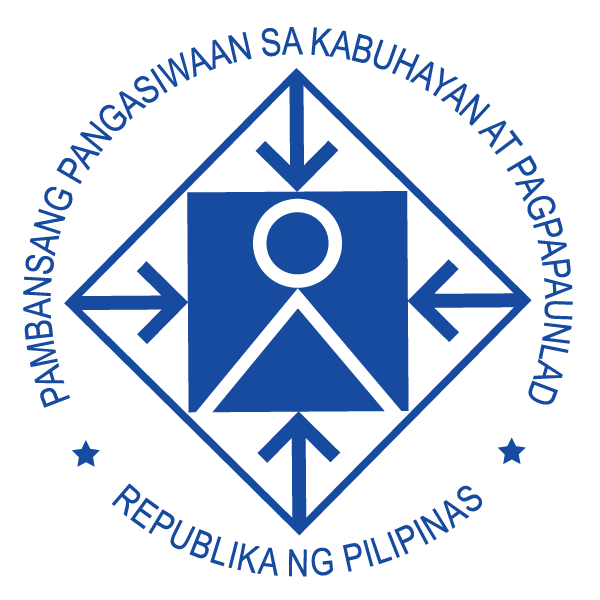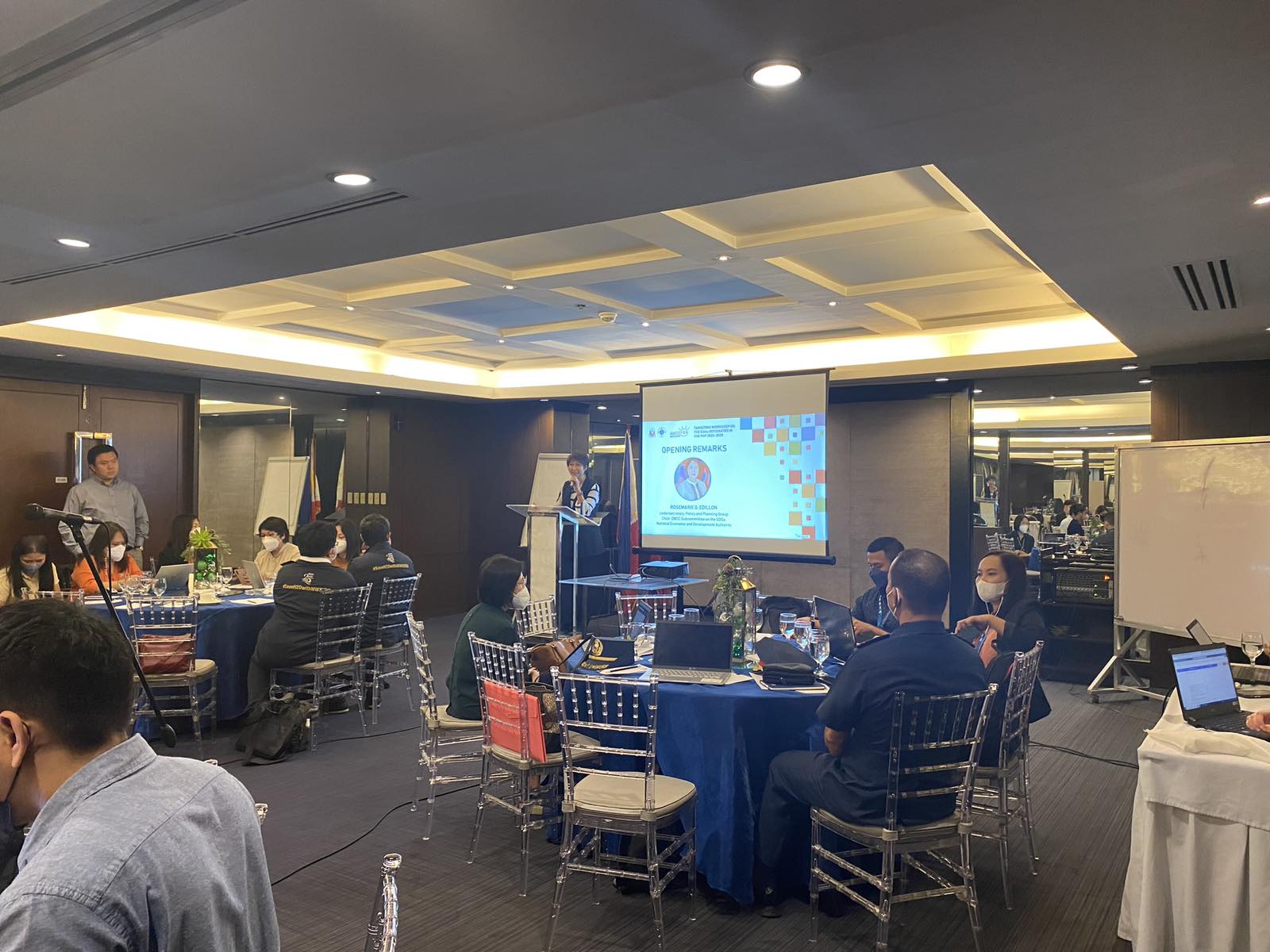2022 Voluntary National Review of the Philippines
“Rekindling Commitment and Using Innovation to Accelerate Recovery and Ensure
Progress to Achieve the SDGs in 2030 and our AmBisyon Natin 2040”
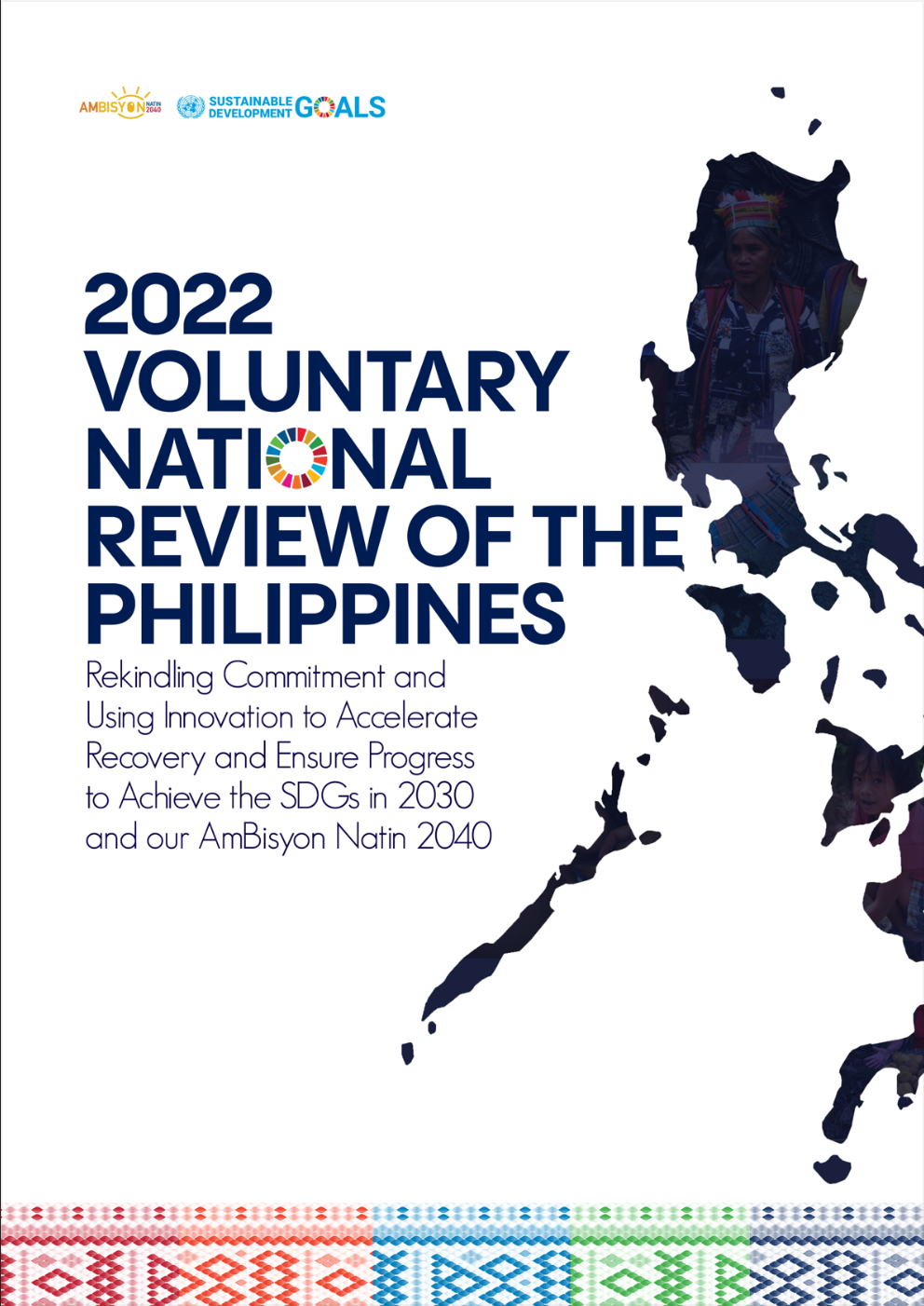
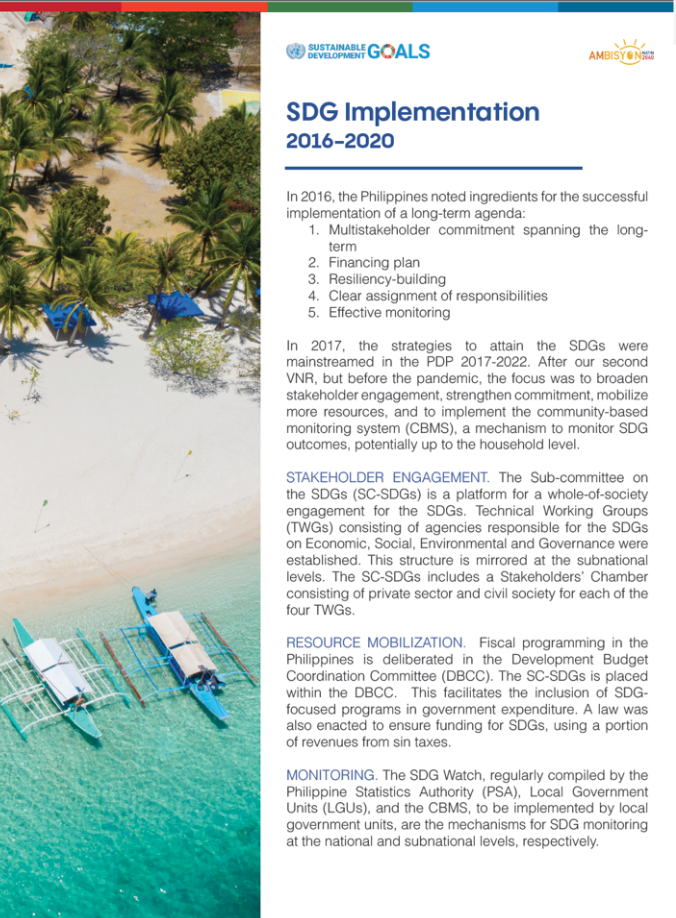
The Philippines is one of the first countries to commit to the 2030 Agenda on Sustainable Development and the Sustainable Development Goals (SDGs). In 2016, the country began this commitment with the promise to produce a Voluntary National Review (VNR) every three years. The first in 2016 focused on how the SDGs can be integrated in the country’s national frameworks. The second VNR in 2019 showcased the progress made in key SDGs and how the country has progressed in institutionalizing the SDGs.
In 2022, the Philippines produced its third VNR. The VNR not only had to report on progress halfway into the SDGs but also to show how the country has endured the socioeconomic impacts of the COVID-19 pandemic. The 2022 VNR of the Philippines also highlighted the strategies that the Philippines has been and will be using to bring the country back into its high-growth trajectory.
The 2030 Agenda for Sustainable Development, adopted back in 2015, is a determined and progressive plan to address human rights while working for the betterment of the people and planet. The SDGs is the framework at the core of the 2030 Agenda. It consists of 17 interlinked goals calling everyone and every nation to action. The VNR is the 2030 Agenda’s follow-up and review process that encourages Member States to be transparent and to openly report on their progress on the SDGs. The Philippines committed to reporting a VNR every three years.
Preparations
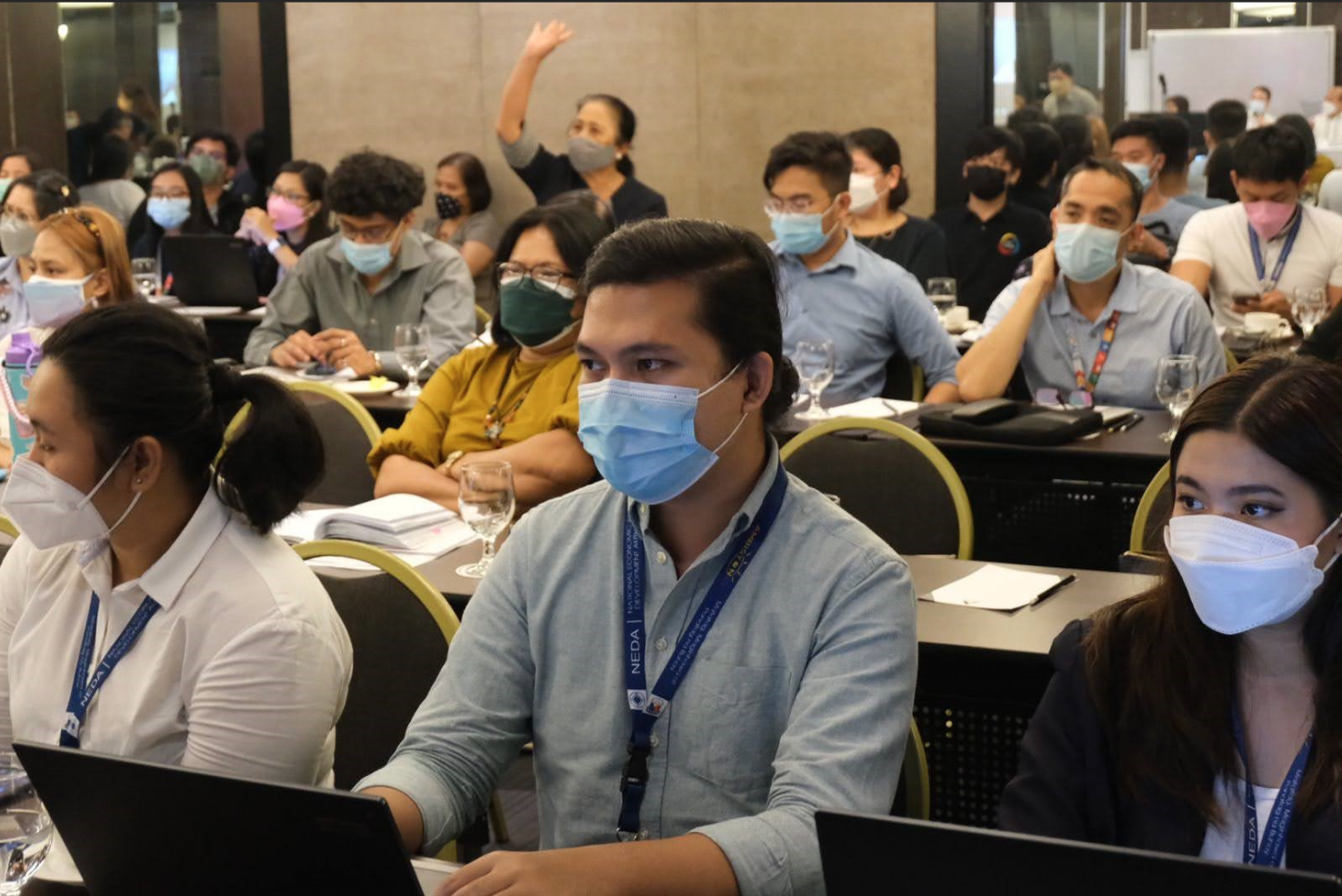
The National Economic and Development Authority (NEDA) led the process of developing the country’s third VNR. Through the Sub-committee on the Sustainable Development Goals (SC-SDG) where NEDA is the chairperson, the Philippines brought a whole-of-government approach by working closely with various Technical Working Groups (TWGs) comprised of different government agencies. NEDA also worked closely with the Philippine Statistics Authority (PSA) to obtain the most up to date and accurate data on the SDGs through the Philippines’ SDG Watch.
Internationally, the Philippines also shared its VNR and SDG expertise with the world. As co-chair of the Group of Friends for the VNR with Morocco, the Philippines steered conversations on how to capture and present VNRs. The Philippines also held a twinning relationship with Tuvalu. The Philippines shared its expertise in data and statistics, and in developing a VNR with Tuvalu, which conducted its very first VNR. The Philippines was also very active with the Economic and Social Commission for Asia and the Pacific (ESCAP) where it was only one of five Asia Pacific countries reporting for the year 2022.
The 2022 VNR of the Philippines focused on six SDGs, mainly SDG 3 (Good Health and Well-Being), SDG 4 (Quality Education), SDG 5 (Gender Equality), SDG 14 (Life below Water), SDG 15 (Life on Land), and SDG 17 (Partnerships for the Goals). Innovations and the need to accelerate progress were central themes to the VNR which showcased innovative approaches by the government and non-government actors in pursuing the SDGs despite the pandemic.
Consultation
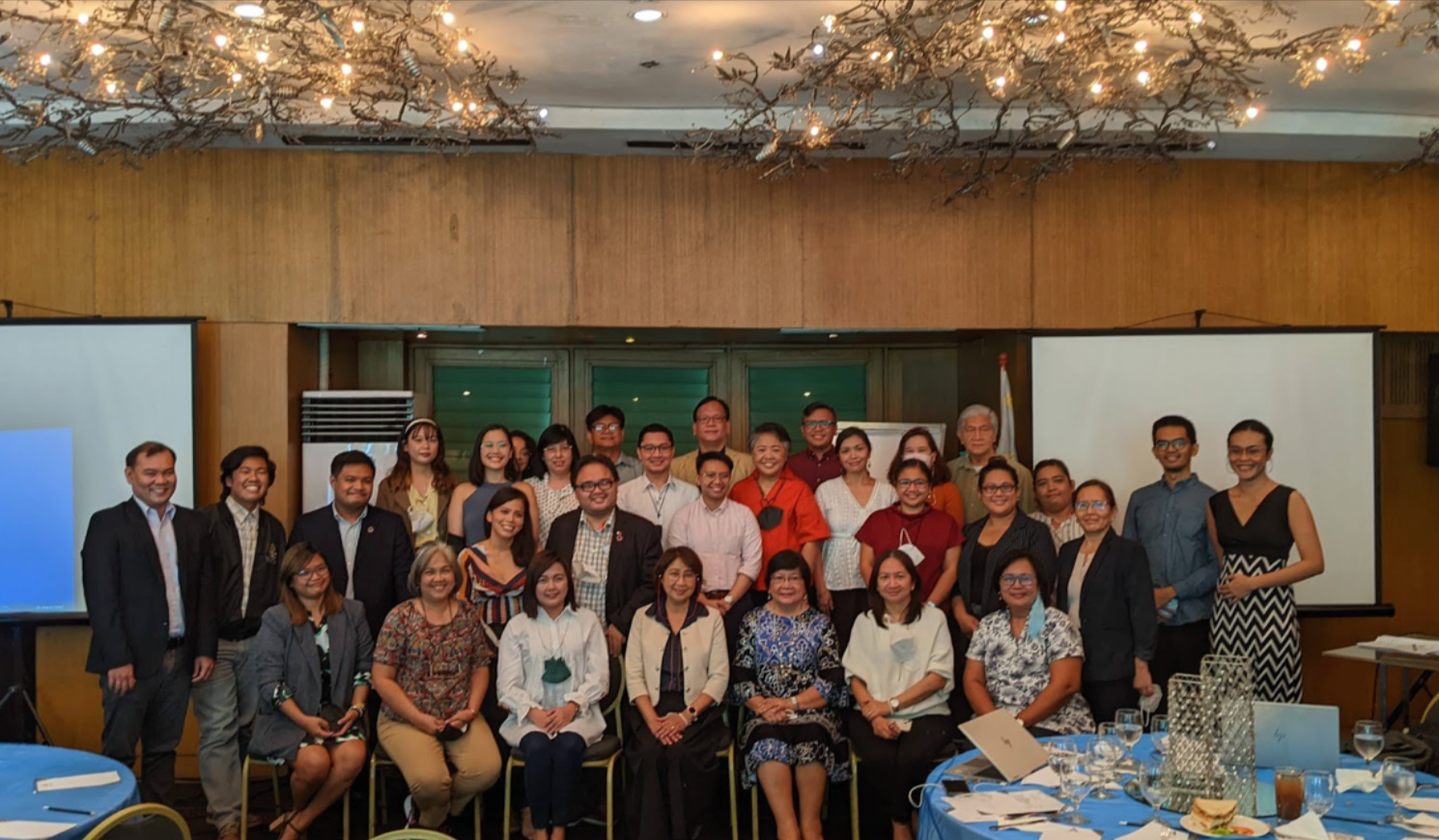
Stakeholder engagement is a crucial pillar to implementing the SDGs. NEDA, through its Stakeholders’ Chamber, ensured that a multi-stakeholder consultation process informed the output of the VNR. On April 26-27 2022, NEDA convened government technical working groups and various development actors from the private sector and civil society to tackle the focus goals. During the consultations, many initiatives, suggestions, and recommendations were raised on how to improve the SDGs’ resource mobilization, stakeholder engagement, monitoring, and localization.
UNICEF also held a separate consultation for the VNR, held in May 2022, aimed at collecting children’s insights and recommendations that will contribute to the achievement of the SDGs. The outputs of the consultation were submitted as UNICEF Children’s Inputs to the 2022 VNR of the Philippines.
VNR presentation at HLPF and the 2022 SDG Summit
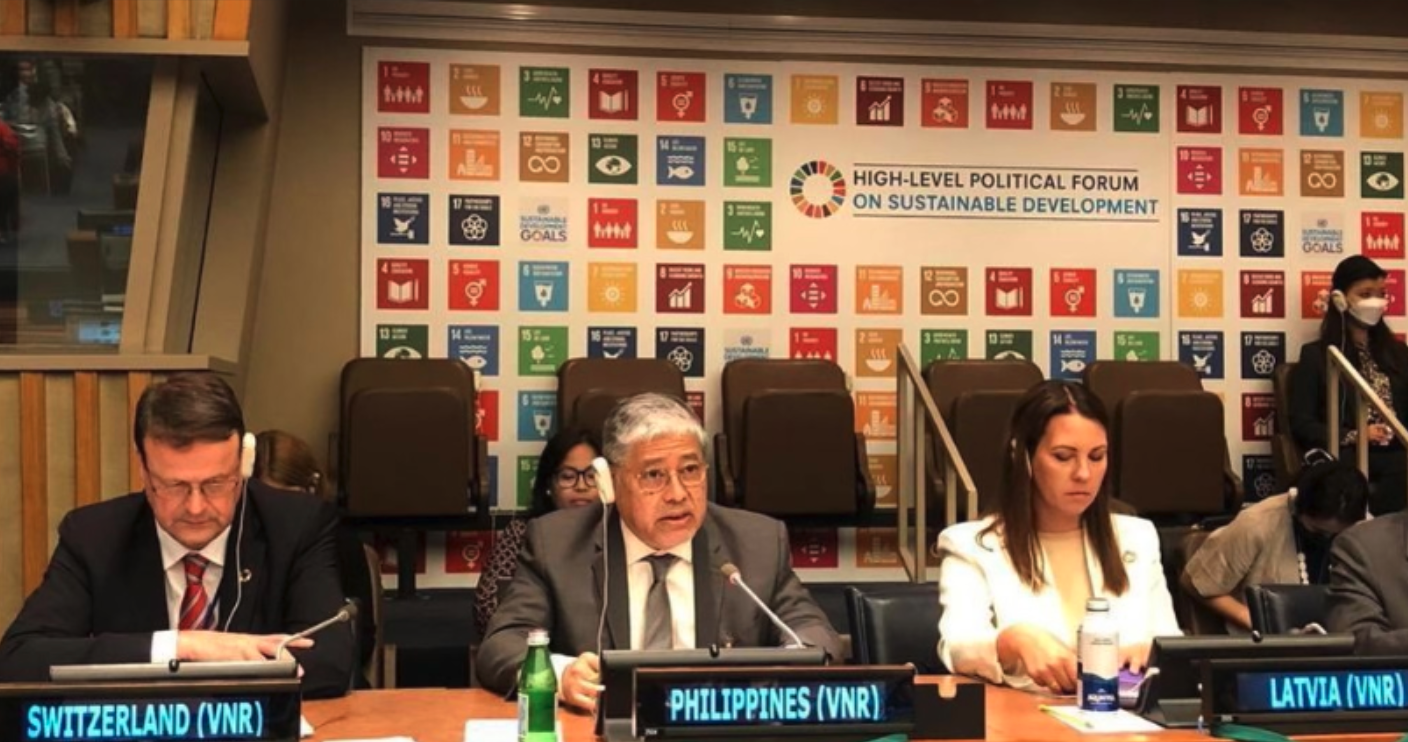
On July 12, 2022, the Philippines presented the VNR for the third time at the 2022 High-Level Political Forum (HLPF) in New York City, New York. Secretary for Foreign Affairs Enrique Manalo presented the progress of the SDGs in the country and charted exciting opportunities ahead by recommitting to existing strategies and forging new areas for cooperation and innovation.
The HLPF is a 10-day political forum aimed at ushering a review of the SDGs at an annual basis. The theme for the 2022 HLPF was, ‘Building back better from the coronavirus disease (COVID-19) while advancing the full implementation of the 2030 Agenda for Sustainable Development’.
In November of 2022, NEDA officially launched the 2022 VNR when it held the country’s very first SDG Summit. Attended by government and non-government actors as well as various development partners, the Summit was a monumental event where pressing issues on how to advance the SDGs in the country were discussed in plenary sessions and showcases. Most importantly, it marked the recommitment of the country to the SDGs and ushered in a revitalized approach to fulfilling the 2030 Agenda.
Related Articles
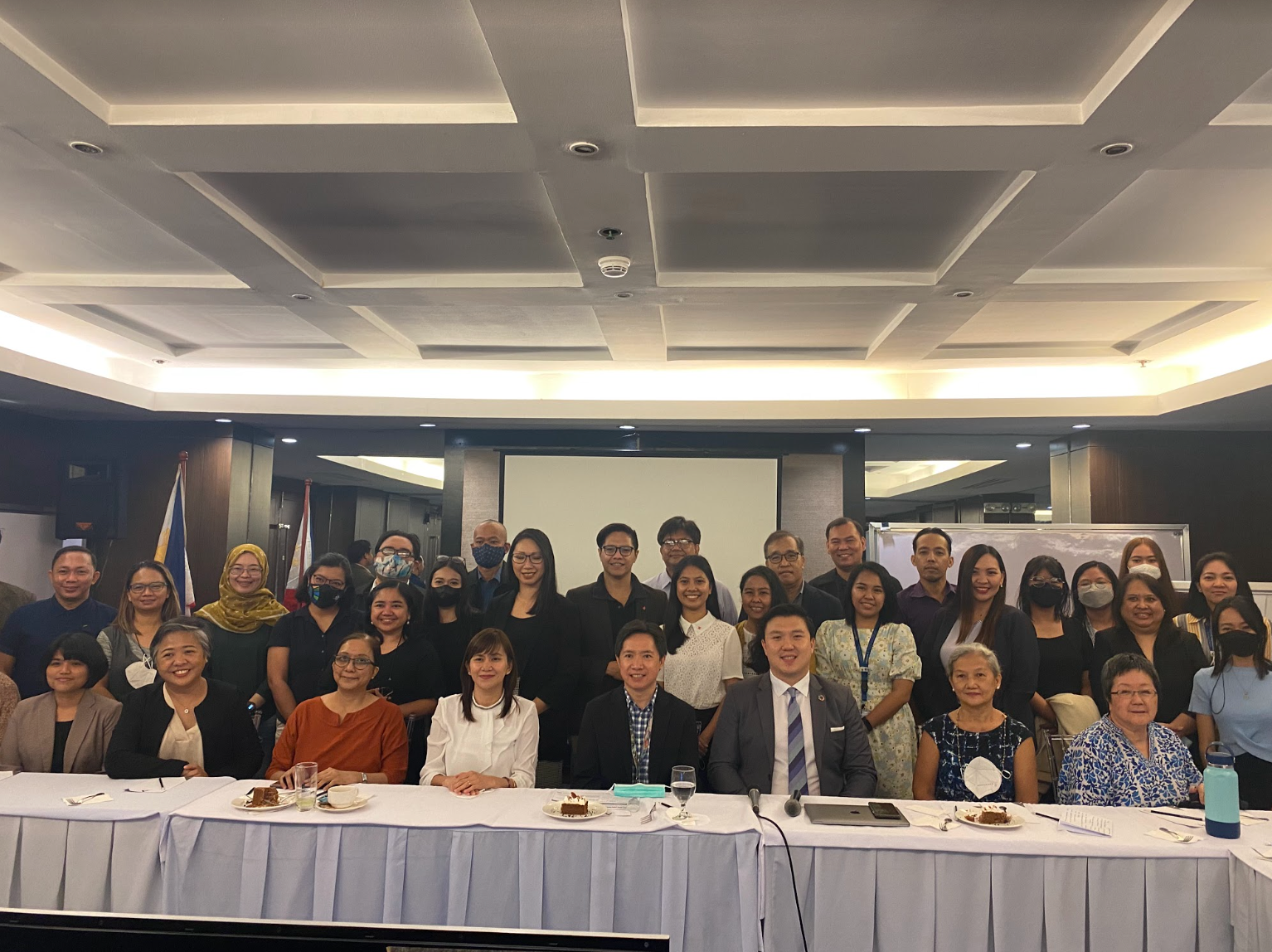
SC-SDG Stakeholders’ Chamber Discuss Expansion and Localization Efforts in Q4 Meeting
The Stakeholders’ Chamber on the SDGs discuss strengthening its role as a government partner in SDG implementation, expansion of its national membership, and establishment of regional chambers, in its 4th Quarter meeting.
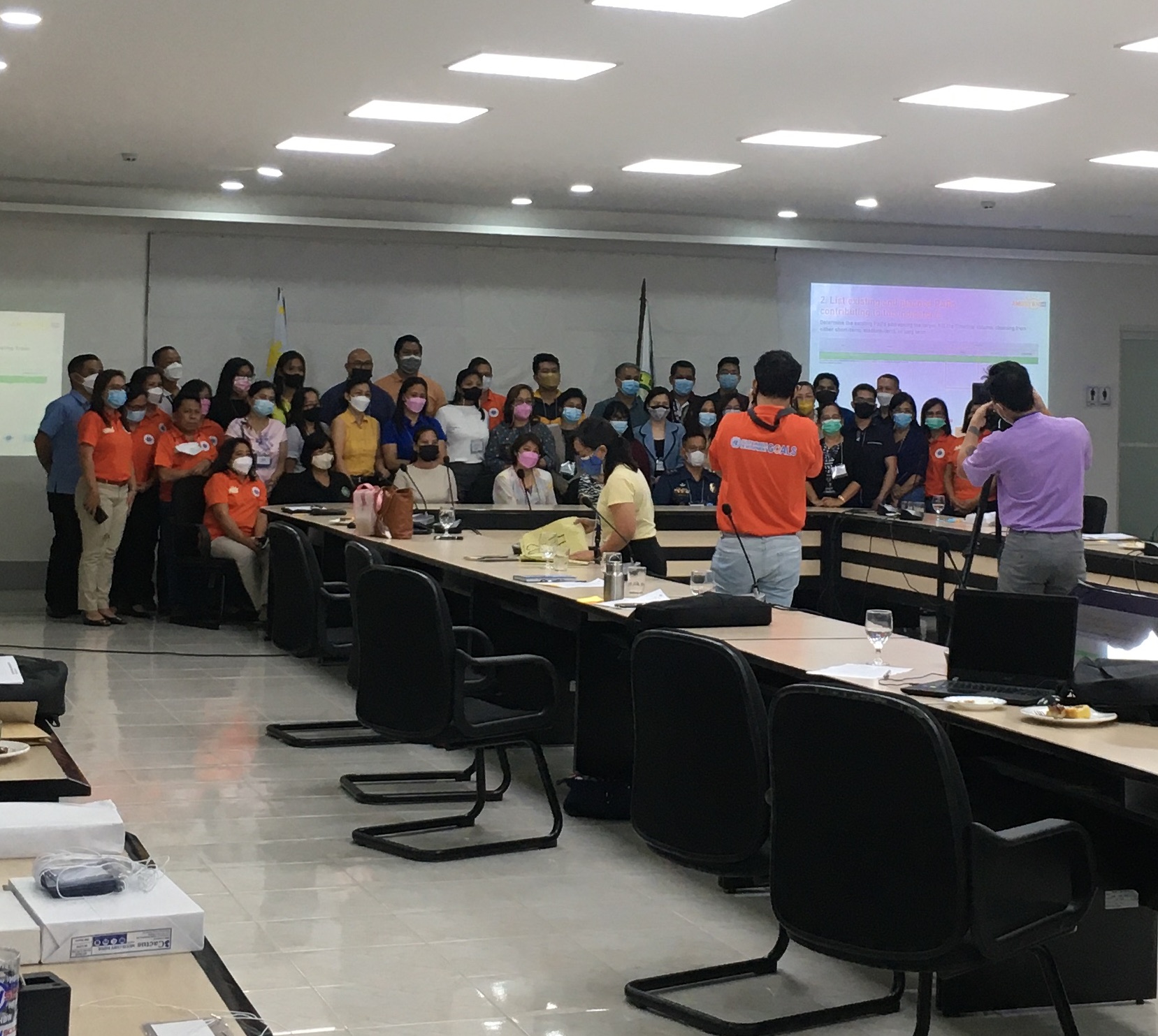
Localizing the SDGs: Workshops to set subnational targets in Regions V, IV-A, and X
The National Economic and Development Authority kicked off the SDG localization efforts at the subnational level in 2022 as part of the national strategy to implement the Sustainable Development Goals (SDGs) in the country.

